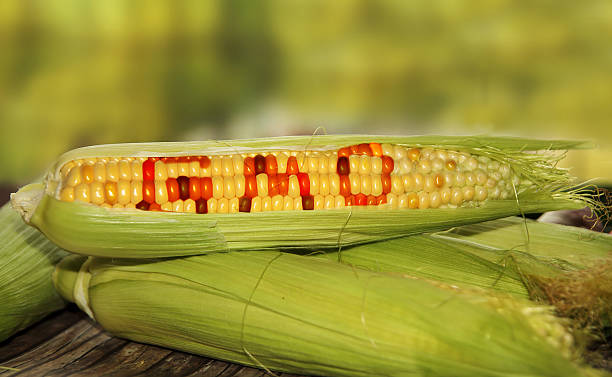November 27, 2025 | 21:37 GMT +7
November 27, 2025 | 21:37 GMT +7
Hotline: 0913.378.918
November 27, 2025 | 21:37 GMT +7
Hotline: 0913.378.918

The concerns go further than the corn stalks. Gibson said if one country changes the rules that may spread to other places and commodities.
A U.S. Trade Representative is working to resolve a conflict between the United States and Mexico regarding GMO corn. This follows the 2020 decree by Mexico’s president Andrés Manuel López Obrador saying he would not allow GMO corn to be imported into the country starting next year.
The executive director of the Texas Corn Producers Board in Lubbock, David Gibson, said this would hurt producers because Mexico imports 750 million bushels of U.S. corn each year.
“That’s a significant loss of a place for that corn to go,” Gibson said. “Ultimately, that will come back to lower prices for all of our Texas corn producers and our nation’s corn producers.”
A lot of that corn comes from South Texas. Gibson said if those producers don’t have Mexico as an option, they will face an economic loss.
“It will have an effect on the cash price of that corn because it will then, instead of being shipped a few miles to an end market it will have to be diverted and sent to some other place,” Gibson said.
Gibson said 90% of U.S. corn is GMO or genetically modified. A U.S. Trade Representative filed a dispute settlement asking Mexico to explain why it’s not accepting biotechnology products. Gibson said producers have been pushing to settle the conflict.
“We’re hoping to resolve it that at the end of the day we can still continue to have Mexico as the market as it was agreed to in the trade agreement,” Gibson said.
The concerns go further than the corn stalks. Gibson said if one country changes the rules that may spread to other places and commodities.
“Then all of a sudden we could be dealing with far more issues than just corn,” Gibson said.
While the ban doesn’t start until 2024, Gibson said Mexico is already reaching out to other countries for corn instead of the United States. He said that will leave producers having to look for other end markets.
((KCBD)

(VAN) A new study reveals how the simultaneous effects of ocean acidification, salinity and loss of oxygen are making the world more fragile.

(VAN) Hopes are growing that the creation of the first 3D turkey gut model could be a turning point in the battle against the virulent blackhead disease.

(VAN) Tyson, America’s biggest meat supplier, plans to shutter one of its largest beef processing plants as the industry continues to struggle with low cattle supplies and political pressure from Washington.

(VAN) New FAO study shows how digital solutions are empowering farmers and fishers to prevent losses and build resilient agrifood systems.

(VAN) Brazil's COP30 presidency pushed through a compromise climate deal on Saturday that would boost finance for poor nations coping with global warming but that omitted any mention of the fossil fuels driving it.

(VAN) Poultry farmers in the UK have been warned that they could face one of the worst winters yet for bird flu.

(VAN) Prices of main-crop paddy have risen sharply, with jasmine rice hitting 16,100 baht per tonne — the highest level in years.